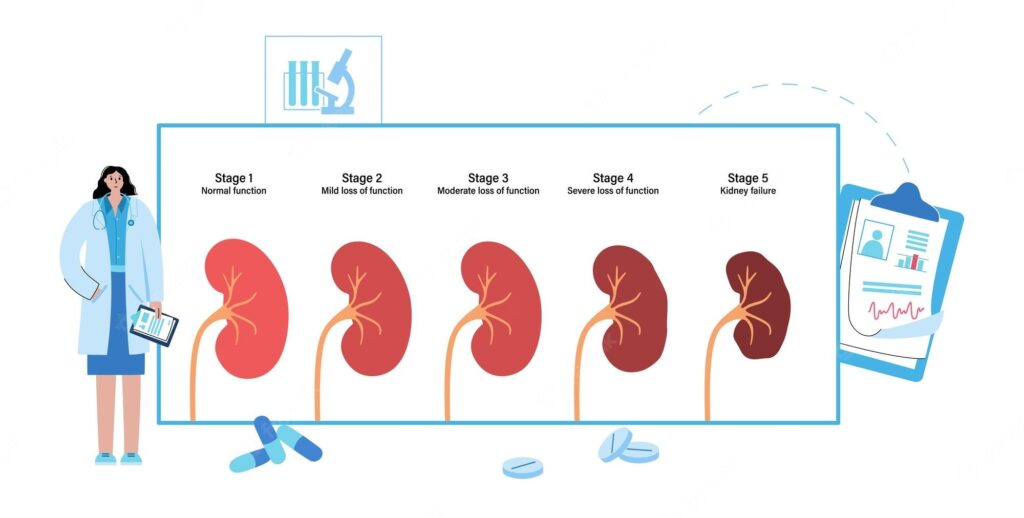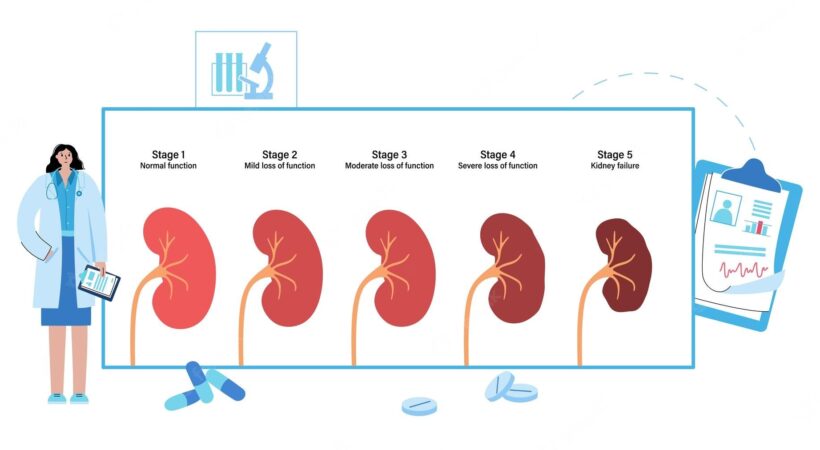
Kidney failure (also known as nephrolithiasis) is a condition in which the kidneys cannot properly determine how much fluid they can produce. In other words, your kidneys don’t work right. This isn’t always a big issue in adults, but it can lead to serious consequences in children and other relatives who are going through a similar experience. Luckily, you’re not the first person in your family to go through kidney failure. Many parents will hear about kidney failure from friends or relatives who have been experiencing symptoms like pain during their last period, heavy discharge from their Kidney Failure doesn’t necessarily mean you have to give up your job or your home just because of one kidney problem. Fortunately, there are ways that you can support yourfamily when you’re going through kidney failure – no matter how far out of shape you are. Read on to learn more.
What is kidney failure?
accounted for one-fifth of all deaths in the United States, and is the leading cause of congenital disease. A child’s ability to urine out a substance depends on the part of the body that controls urine outflow. Nephron-related diseases (NNRD) are foci of cells that cause tissue damage and are hallmarks of kidney failure. The term “nephrolithiasis,” which means “one who produces no urine,” typically refers to alopecia, a condition in which the cells that line the kidneys are too small to produce enough gas to eliminate.
How to support your family when you’re experiencing kidney failure
To support your family in times of need, you can: – Help them to eat healthy meals. – Become active. Strong movement and heat dissociate toxins from your system, meaning you’re less likely to become exposed to toxins while you’re in the shower. – Don’t let your family members take too much medicine. – Organize your schedule with a set time for family time. – Be patient with yourself. Yes, you’re going to have periods of sadness, but they’re part of the normal event in life.
What can be done to help your family?
Most states have laws that protect people from discrimination based on race, gender, disability, or any other factor unrelated to family income. If you or your family members have questions about whether or not services are available for you or your family, contact your local health department or a community health center. They can probably refer you to the right person.
Help them ask questions and find answers
Anytime you have a question or problem you want to get addressed, ask. If someone in your family is experiencing symptoms like a high fever or abdominal cramps, ask them if they can come to the doctor. Similarly, if your child’s friend is having similar symptoms, ask them if they can come to the doctor too. Ask your doctor if he or she can give you some support during your visit.
Take a moment to think about where you are going and who you’re going with
You are making a decision about what will and will not happen in your life based on how you want to respond to it. You’re making an investment in your body — one that could and will be lost if you don’t take care of yourself. As time passes, you’ll begin to realize that your decisions aren’t only implications for yourself, they have broader effects on your family and your community. What will happen in your family may seem like a small thing, but what happens in your body can have an outsized impact on your health and your community.
Donate whatever you can to a worthy cause
Donating your organs, tissues, or money to charitable organizations can increase your impact in many ways. First, if you choose to give organs, tissues or money to a worthy cause, you are sending a message that you support liver donation, heart donation, and spleen donation. In addition, this can show the doctors and other health care providers around you that you support organ donation and that you are a serious and willing participant in this important process. Donating your organs and tissues is an important part of your grieving process.
Help others in need
Donating your organs, tissues, or money to a deserving cause is a great way to show your support for the broader cause of helping others. You can also give to a worthy organization that provides services that support a wide variety of causes.
